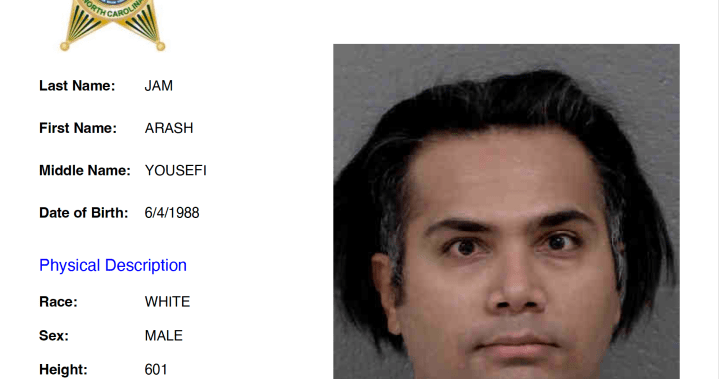Paragraph 1: Unveiling a Dentist’s Deceptive Past
The Royal College of Dental Surgeons of Ontario (RCSDO) revoked the license of Dr. Aurash Cohen on November 20th, effectively barring him from practicing dentistry in the province. This action followed a Global News investigation revealing that "Dr. Cohen" was, in fact, Arash Yousefijam, an individual with a prior conviction for violating international sanctions against Iran. Yousefijam, alongside his brother Amin, had orchestrated a scheme to export sensitive manufacturing equipment to Iran, a nation subject to stringent sanctions due to its nuclear program and support for terrorism. The brothers pleaded guilty to these charges in the United States and served their sentences before being returned to Canada.
Paragraph 2: A New Identity, A New Career
Upon their return to Canada, the Yousefijam brothers exploited Ontario’s name change system, transforming themselves into Aurash and Ameen Cohen. Under their newly adopted identities, they embarked on separate career paths. Aurash Cohen pursued dentistry, graduating from McGill University and obtaining his license to practice. Meanwhile, Ameen Cohen secured a position as a corporate compliance officer, ironically tasked with ensuring adherence to regulations. This calculated rebranding allowed them to seemingly distance themselves from their criminal past and integrate into Canadian society.
Paragraph 3: Unraveling the Deception
The brothers’ meticulously crafted facade began to crumble when immigration authorities initiated deportation proceedings against Amin Yousefijam. As an Iranian citizen who had entered Canada under the Skilled Workers Program, his past actions raised concerns about his eligibility to remain in the country. The Canada Border Services Agency (CBSA) presented extensive documentation to the Immigration and Refugee Board, revealing the brothers’ name changes and their previous sanctions-busting activities. This disclosure brought their carefully constructed new lives under intense scrutiny.
Paragraph 4: National Security Implications and Deportation Proceedings
The CBSA argued that Amin Yousefijam posed a threat to Canada’s national security, citing his contribution to Iran’s ability to circumvent sanctions. The agency emphasized that his actions undermined Canada’s foreign policy objectives and potentially increased the risk of terrorism and nuclear proliferation. The CBSA’s report stressed the gravity of Yousefijam’s actions, directly linking them to a heightened security threat for Canada. A hearing to determine Amin Yousefijam’s fate is scheduled for February 25th in Toronto. Unlike his brother, Arash Yousefijam, a naturalized Canadian citizen, cannot be deported. He has maintained that he has “paid his dues” for his past transgressions.
Paragraph 5: Regulatory Response and Policy Reform
The RCSDO emphasized the importance of honesty and integrity in the dental profession, stating that applicants must demonstrate their commitment to upholding these values and complying with the law. The college’s regulations stipulate that any false or misleading statements on an application can result in the denial of a license. The revelation of Arash Yousefijam’s true identity and past criminal activity directly contravened these requirements, leading to the revocation of his dental license. The Ontario government has also initiated a review of its name change policies, aiming to prevent individuals convicted of serious offenses, including sanctions violations, from obscuring their pasts.
Paragraph 6: The Broader Context: Iran’s Destabilizing Influence
The case of the Yousefijam brothers unfolds against a backdrop of escalating tensions involving Iran. Iran plays a prominent role in regional instability, supporting groups like Hezbollah, Hamas, and the Houthi rebels in Yemen. The October 7, 2023, attack on Israel by Hamas underscores the volatile nature of the region and the potential consequences of Iran’s influence. Moreover, the Iranian regime has been implicated in several assassination plots targeting dissidents and critics abroad, including former Canadian Member of Parliament Irwin Cotler. The case highlights the complex challenges faced by governments in addressing sanctions evasion and the ongoing efforts to counter Iran’s destabilizing activities on a global scale.

